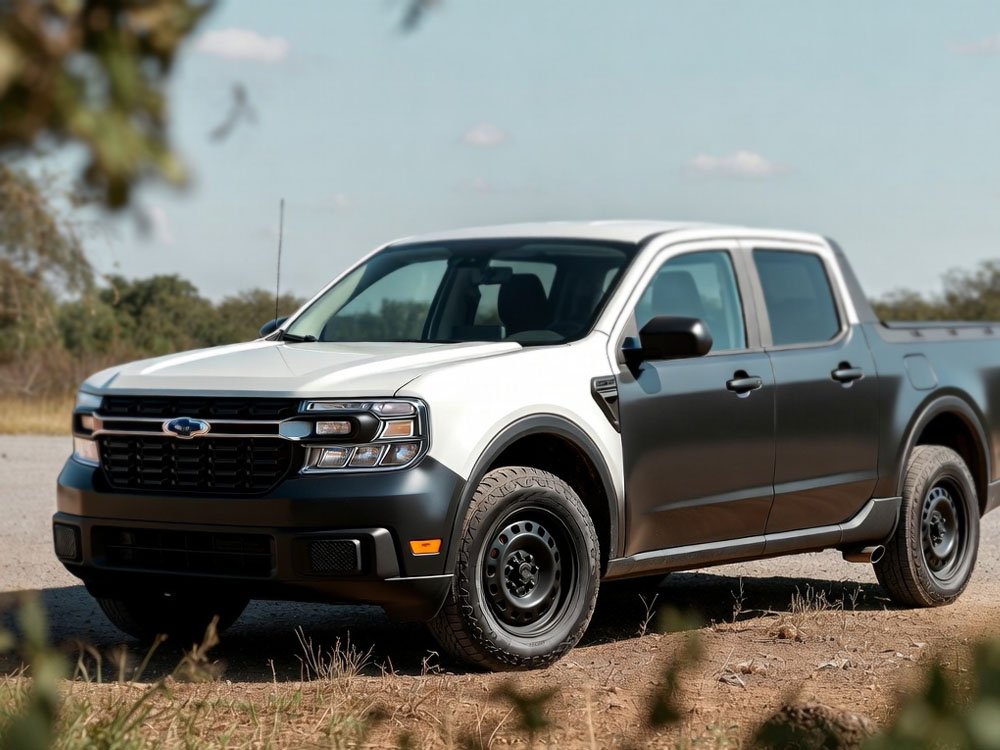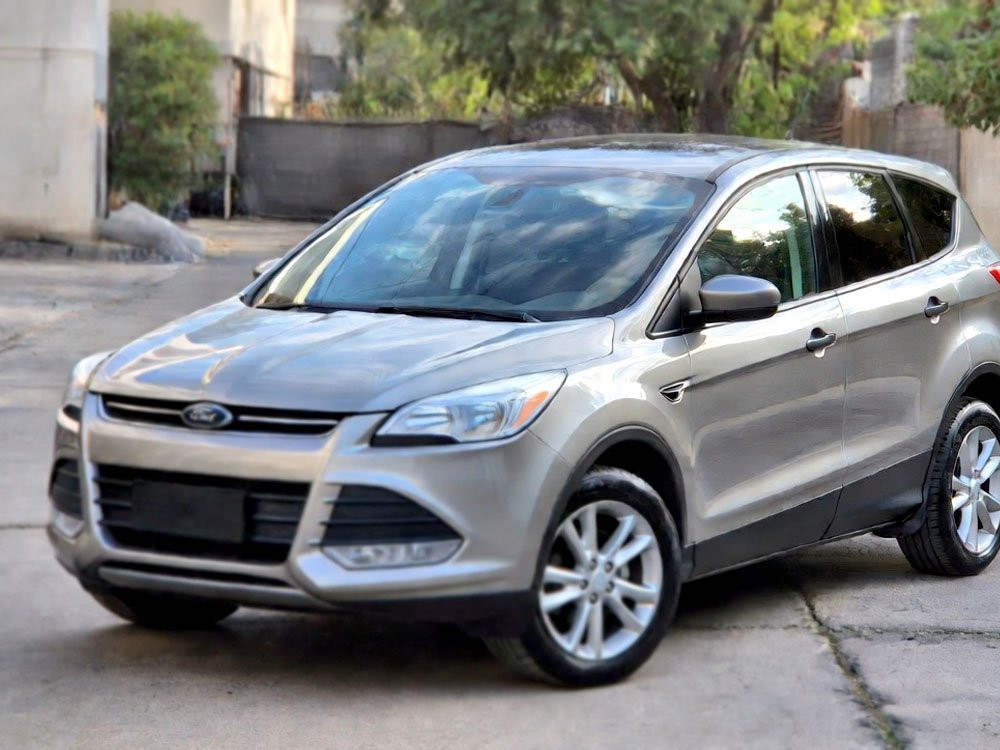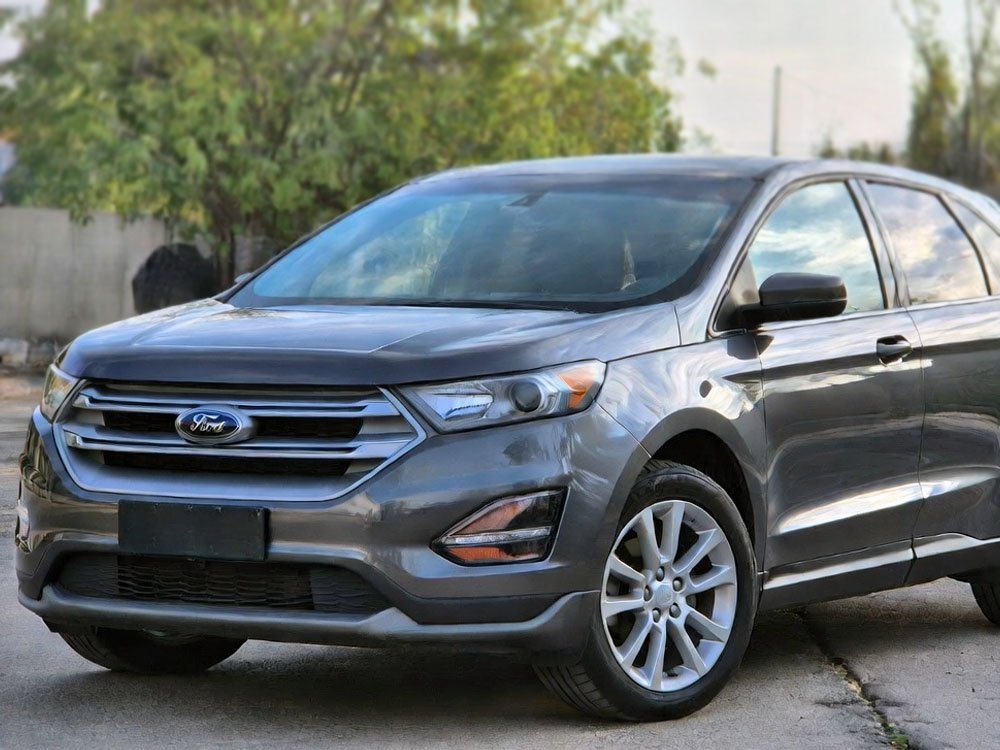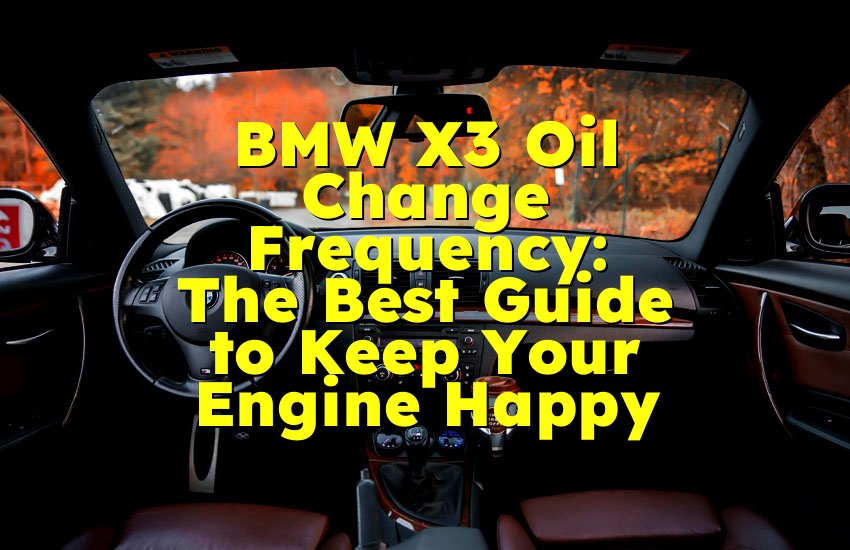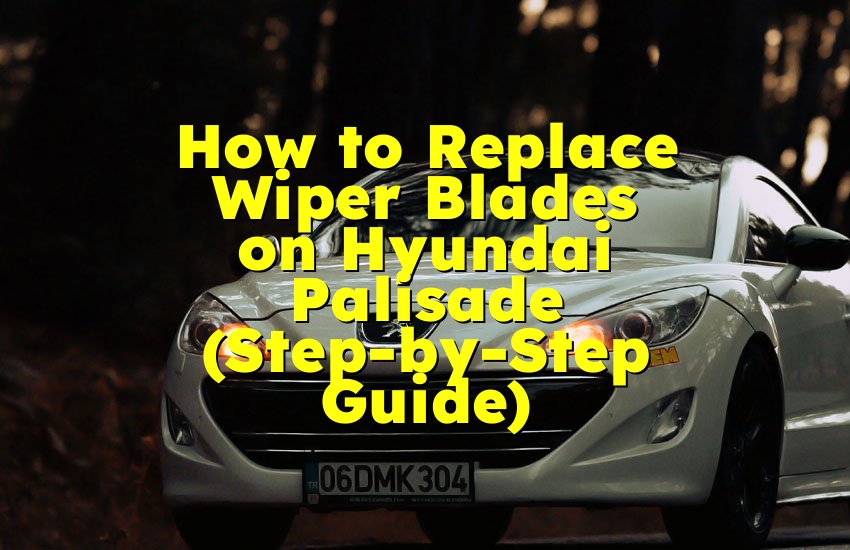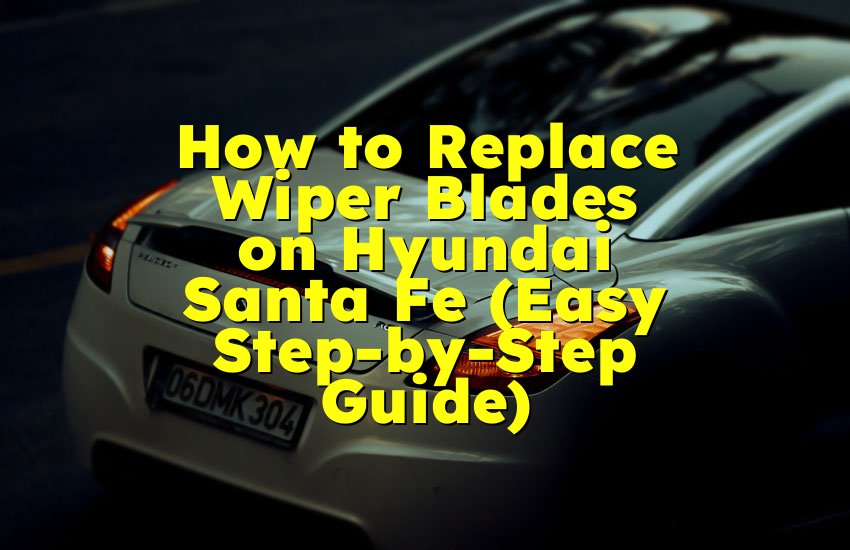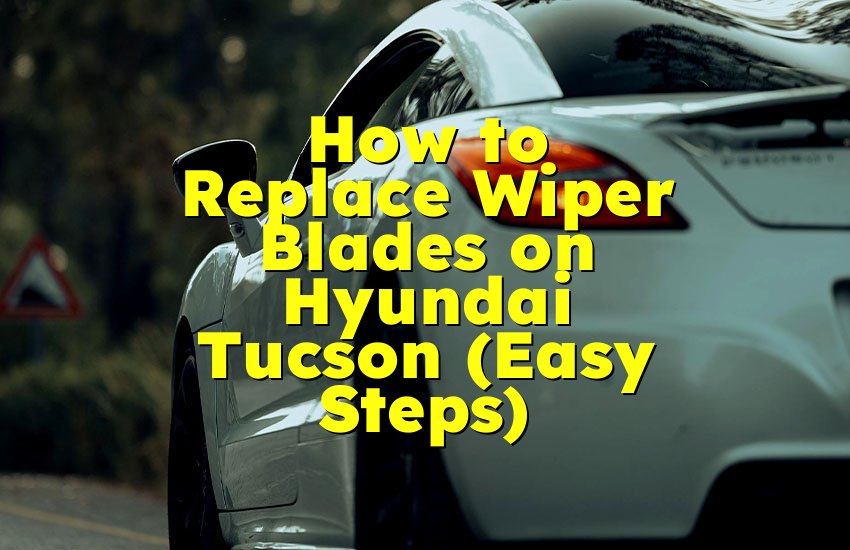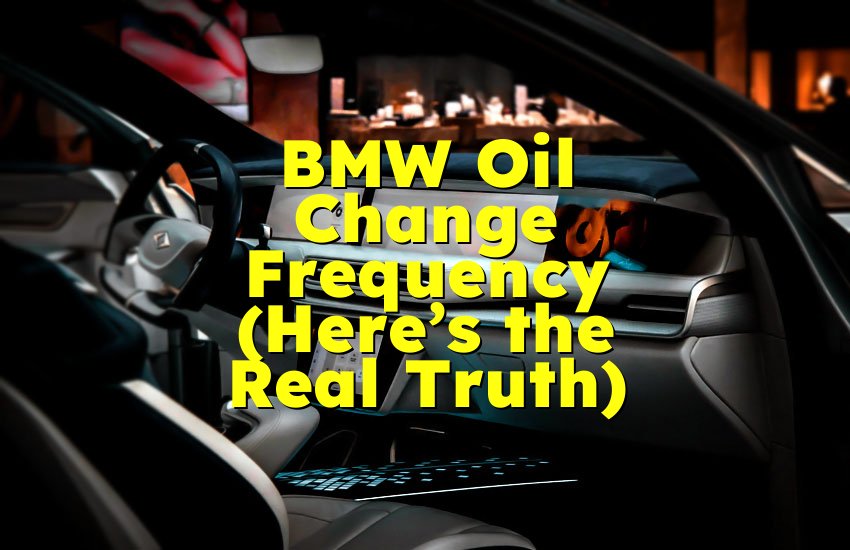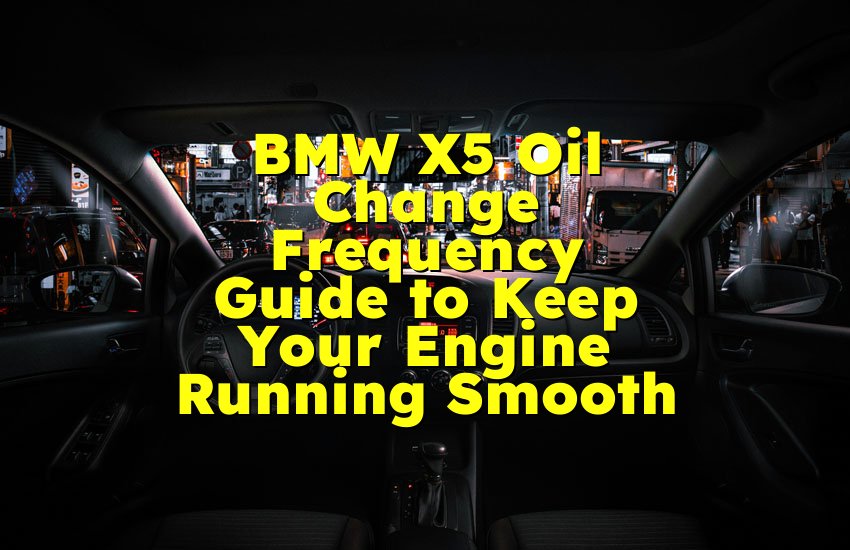As an Amazon Associate, I earn from qualifying purchases at no extra cost to you.
How to Address Squeaking Noise from the Front Wheel While Driving?
We've all been there: cruising down the road, minding our own business, and suddenly—squeak—your front wheel starts making an annoying noise! This irritating sound is more than just a distraction—it can be a sign that something's wrong with your vehicle. If you’re wondering what causes that squeak and how to fix it, you’re in the right place. In this guide, we’ll walk you through everything you need to know to address the squeaking noise from your front wheel and get back to smooth driving. So, let's dive right in!
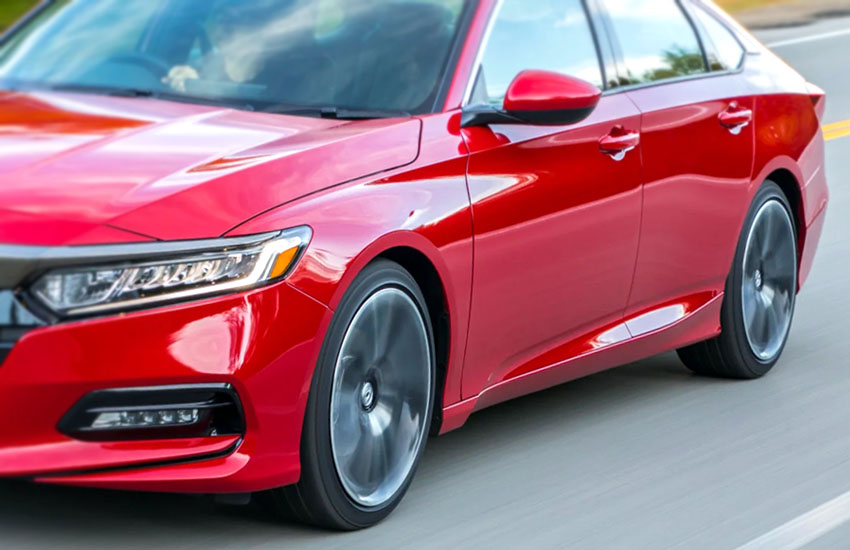
What Causes a Squeaking Noise from the Front Wheel?
Before jumping into the solutions, it’s important to understand why your front wheel is making that irritating squeak. There are several common causes, each pointing to different areas of the wheel or the braking system. Identifying the problem is key to fixing it effectively.
One of the most common reasons for squeaking is worn brake pads. When brake pads wear down over time, they create friction on the brake rotors, which can lead to squeaking or squealing sounds. If you hear this noise while applying the brakes, this could be the culprit.
Another possible cause is a lack of lubrication in the wheel components. For example, the wheel bearings or suspension parts may need lubrication to work smoothly. Without it, parts may rub together and produce that high-pitched sound.
Sometimes, the problem is as simple as dirt or debris getting trapped in the wheel. Small pebbles, mud, or brake dust can accumulate around the wheel and cause friction, resulting in that squeaky sound.
In rarer cases, the issue could be related to the suspension system, including components like shock absorbers or struts. If these parts are damaged or worn out, they might create squeaking sounds when driving over bumps or rough terrain.
By understanding the potential causes, you’ll have a clearer idea of where to start when diagnosing the issue.
Step-by-Step Guide to Fixing a Squeaking Front Wheel
Now that you know the possible causes of that annoying squeak, let's go through a detailed, step-by-step guide on how to fix the issue. Whether you're dealing with worn-out brake pads, lack of lubrication, or trapped debris, this section will help you resolve the problem and get your vehicle back in tip-top shape.
1. Inspect the Brake Pads and Rotors
If the squeak happens when you press the brake pedal, the first thing you should check is the brake pads. Over time, brake pads naturally wear down due to the constant friction with the brake rotors. Once they get too thin, they can cause noise when braking. Here's how to check and replace them:
- Lift your vehicle: Use a jack to lift the front of your car and secure it with jack stands. This is necessary to remove the wheel.
- Remove the wheel: Once the car is securely lifted, remove the wheel so that you can access the brake system.
- Check the brake pads: Inspect the brake pads for thickness. If the pads are worn down to less than 1/8 inch (about 3mm), it's time to replace them.
- Inspect the rotors: Check the brake rotors for grooves, rust, or excessive wear. If the rotors are damaged or uneven, they may need to be resurfaced or replaced as well.
- Replace the brake pads: If the brake pads are worn out, follow the instructions in your vehicle's manual to replace them. Typically, you'll need to remove the caliper, replace the old pads with new ones, and reinstall the caliper.
Once you've replaced the brake pads, check to see if the squeaking noise is gone. If the noise persists, there may be another issue at play.
2. Lubricate the Wheel Bearings and Suspension
Another common cause of squeaking is lack of lubrication in the wheel bearings and suspension components. If these parts aren't properly lubricated, they may rub together, creating friction that results in a squeak. Here's how to fix it:
- Lift the car again: Use a jack and jack stands to lift the car and secure it.
- Remove the wheel: Take off the wheel to access the suspension and wheel components.
- Lubricate the wheel bearings: Apply a generous amount of bearing grease to the wheel bearings. If you’re unsure where the bearings are located, consult your vehicle's manual for guidance.
- Lubricate suspension components: Check the suspension system for parts like the struts, control arms, and sway bar links. Use a suitable grease for these parts and apply it to any moving joints that may be causing the squeak.
- Reassemble and test: After lubricating the necessary parts, reassemble the wheel and lower the car. Test drive your vehicle to check if the squeak is gone.
If the noise stops after lubrication, you've likely solved the problem. However, if the squeak persists, you might need to explore other options.
3. Remove Dirt or Debris from the Wheel Area
Sometimes, squeaking can be caused by small rocks, dirt, or brake dust that gets trapped in the wheel or brake system. These foreign objects create friction, which can lead to that high-pitched squeak. Here's how to remove them:
- Lift the car and remove the wheel: Use a jack to lift the vehicle, then remove the wheel to access the brake area.
- Inspect the brake components: Check for any visible dirt, debris, or brake dust that may have accumulated around the brake pads, rotors, or wheel itself.
- Clean the brake components: Use a soft brush or compressed air to clean the brake pads, rotors, and surrounding areas. Be gentle to avoid damaging sensitive parts.
- Check the wheel: Inspect the wheel for any debris stuck in the rim or around the tires. Clean out any rocks, mud, or other materials that may have become lodged in the wheel.
- Reassemble and test: After cleaning, put the wheel back on and lower the car. Take a test drive to see if the squeak is gone.
In most cases, cleaning the wheel area is a quick and easy fix. If the noise continues, you may need to look at other parts of the brake system or suspension.
4. Inspect the Suspension System
If your squeaking persists even after checking the brake pads, lubrication, and wheel cleaning, it's time to inspect the suspension system. The suspension system includes components like the shock absorbers, struts, and control arms, which help absorb bumps and provide a smooth ride. If any of these parts are damaged or worn out, they can cause squeaking noises, especially when driving over rough terrain or bumps. Here's how to inspect and address suspension issues:
- Lift the car: Use a jack to lift the vehicle and secure it on jack stands.
- Inspect suspension components: Check the shock absorbers, struts, and other suspension parts for signs of wear or damage. Look for leaks, cracks, or broken parts.
- Test the shocks: Push down on the car to see how the suspension reacts. If the car bounces excessively or doesn't return to its normal position quickly, the shocks may be worn out and need to be replaced.
- Replace damaged components: If you find any damaged suspension parts, replace them according to your vehicle's manual. This may require specialized tools, so if you're not comfortable doing it yourself, it's a good idea to take your car to a mechanic.
Once the suspension system is in good shape, the squeaking should stop.
I hope this article helped you understand the common causes of squeaking noises from your front wheel and how to fix them. Whether it's worn brake pads, lack of lubrication, dirt buildup, or suspension issues, you now have the knowledge to address these problems and get back to enjoying a smooth, quiet ride. Remember, regular maintenance can help prevent these issues from occurring in the future. Stay safe on the road!
Frequently Asked Questions
Is it safe to drive with a squeaking front wheel?
If the squeaking is coming from the brakes, it’s important to address it immediately, as it could indicate worn-out brake pads, which are crucial for your safety. If it's from other components, it's best to inspect the vehicle to avoid further damage.
Can dirt in the wheel cause squeaking noises?
Yes, dirt, mud, or small debris can get trapped in the brake system or around the wheel, causing friction that leads to squeaking. Cleaning the affected areas can often solve the problem.
Do I need to replace my brake pads if they're squeaking?
Not necessarily. Squeaking can happen even with newer brake pads, especially if there's dust or moisture. However, if the pads are worn down significantly, they should be replaced to maintain braking efficiency.
Can lubrication fix a squeaking wheel?
Lubricating the wheel bearings, suspension components, or other moving parts can often stop the squeaking by reducing friction. If lack of lubrication is the cause, this is an effective solution.
Is it normal for new brake pads to squeak?
Sometimes new brake pads may squeak as they break in. However, the noise should disappear after a few days of driving. If it continues, you may need to check for other issues like improper installation.
Do I need professional help if my car's suspension is squeaking?
If you suspect suspension issues, it's a good idea to have a professional inspect and repair it. Suspension parts can be tricky to repair and may require specialized tools.
Can a damaged rotor cause squeaking noises?
Yes, a damaged or warped brake rotor can cause squeaking or squealing when the brake pads come into contact with it. If the rotor is severely damaged, it may need to be resurfaced or replaced.
Is it expensive to fix a squeaking noise in the front wheel?
The cost of fixing a squeaking noise depends on the cause. Simple fixes like cleaning or lubrication may be inexpensive, while replacing brake pads or suspension parts can be more costly. It's best to get a quote from a mechanic to know the exact cost.



